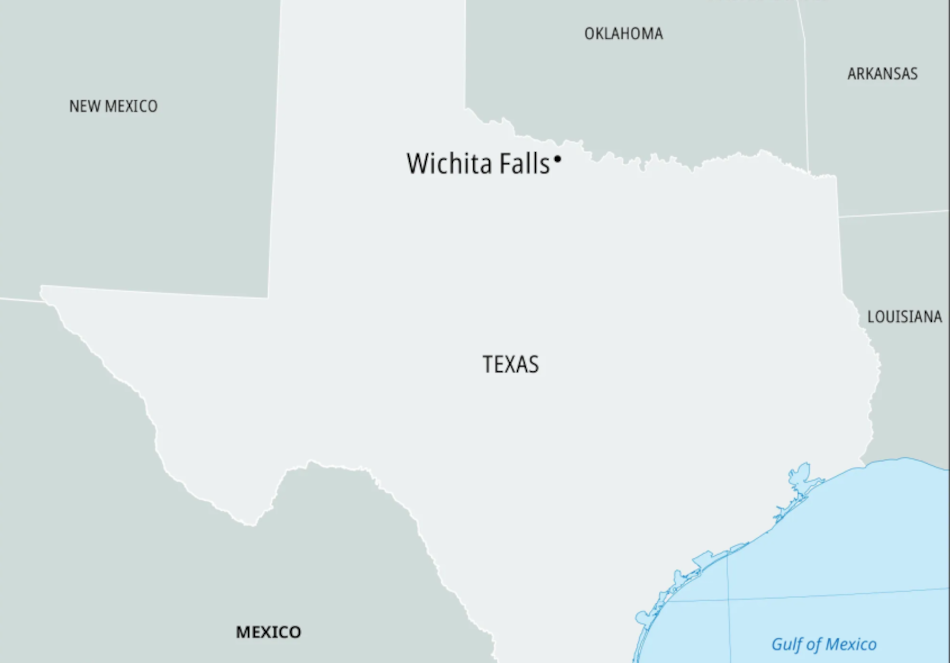Officials in the Texas city of Wichita Falls have wagered an additional $200,000 on Panda Biotech, the hemp fiber processing operation expected to go online soon.
The City Council this week approved the additional funding, which is to help pay for a railroad spur to the factory. The Council previously had agreed to pay $150,000 towards the spur, but granted the additional money after the company said the cost had risen to a total $500,000 in the four years since the factory was announced. The need for the extra money was also blamed on an original cost estimate that was bad.
After Panda announced a plan to create the “Largest Industrial Hemp Processing Facility for Fiber and Cellulose in the United States” in 2019, the project has repeatedly gone off schedule. Panda’s delay has been blamed primarily on the covid-19 pandemic.
Worker plan approved
The Council also signed off on an extension on Panda’s promise to hire 50 workers under a $2.8-million incentive agreement struck with the city’s Economic Development Corporation (EDC) in 2020.
Panda has been the beneficiary of support from economic development and municipal agencies in the form of loans, bond issues and tax breaks for the factory, which has a price tag of more than $100 million.
On two occasions Panda got extensions from the city on a $1 million loan that was part of the $2.8-million incentive package. The company is expected to pay off that loan soon, Chamber of Commerce President Ron Kitchens told the Council, according to the Wichita Falls Times Record News.
Dixie Carter, Panda Biotech’s President, informed the Council that construction and the installation of machines at the factory site are complete. Blake Carter, Panda’s CEO, said last month that the factory will begin processing hemp by the end of 2023.
What hemp?
It’s unclear, however, exactly where the input hemp will come from. Blake Carter told HempToday that “the greatest opportunity has been for Panda to issue large volume contracts to farmers in our region who have been waiting for the opportunity to plant more acreage of industrial hemp.”
But asked by one Council member how many acres of hemp are planted within a 250-mile radius of Wichita Falls, Dixie Carter said she didn’t know, and admitted many contracts the company presumably has signed are with more distant growers.
Texas farmers harvested just 1,000 acres of hemp in 2021 – all of that from non-fiber plantings for cannabinoid production, according to the U.S. Department of Agriculture’s National Agricultural Statistical Service (NASS). The state did not report any hemp acres at all in 2022, the NASS report showed.
Dixie Carter said Panda has implemented a “pay-to-grow program” to incentivize farmers to raise hemp to feed the factory, which has a capacity to process as much as 10 tons of raw material per hour.
With reporting from the Wichita Falls Times Record News

